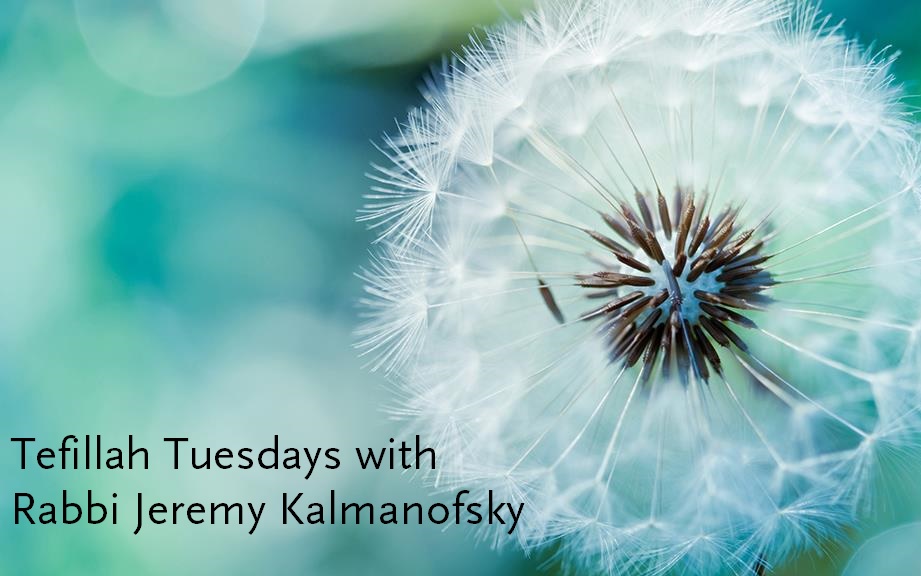Said R. Yose: “May my portion be among those who complete Hallel every day!” Is that so? For it is taught: “one who completes Hallel every day blasphemes and mocks!” R. Yose was referring to Pesukei d’Zimra. [Talmud Shabbat 118b].
The Siddur’s introductory selection of praises post-dates the Talmud, which remains the authoritative mine from which Jewish norms are quarried. But as we can see from the quotation above, there is some connection between singing divine praises and our liturgical traditions.
Rabbi Yose, a Mishnaic-era sage, considers it virtuous to “complete Hallel,” which evidently indicates some fixed and specific collection of texts (or else what sense would it make to speak of “completing” it?). The Talmud’s editorial voice challenges this idea, wondering if Rabbi Yose advocates the daily recitation of Psalms 113-118, what we today call “Hallel,” or “הלל מצרים/the Egyptian Hallel,” the celebratory praises for holidays and great events. If you recited that every morning, the text suggests, you’d blur the distinction between the special and the ordinary, you’d lose the intensity of sacred moments. When Passover comes along, it would feel like every other day, and you would be unable to give it the full measure of joy it deserves. Point taken, the Talmud replies on R. Yose’s behalf. He was urging us to say not the Egyptian Hallel every day, but to “complete” the book of Psalms by reciting the final chapters, from 145-150 each morning. (Or according to Rashi, just chapters 148 and 150.)
Indeed, these six psalms are the core of Pesukei d’Zimra to this day. The post-Talmudic Sages bracketed these psalms with blessings: Barukh She’amar before and Yishtabah after [see Rambam, Laws of Prayer 7.12]. All the other elements in Pesukei d’Zimra – the material before Ashrei and after Kol HaNeshama – accreted over time. If you want to say a shortened Pesukei d’Zimra or you want to linger over a few elements instead of dashing through many, I would select from these six psalms.
While Pesukei d’Zimra as we have it did not exist in Mishnaic times, clearly a liturgical custom existed, which Rabbi Yose found admirable and meaningful, to “complete” the book of Psalms each day in prayer. Not that Rabbi Yose said all 150 chapters each morning, which would probably be a lot for anyone, even an ancient person who didn’t have to check his email every 15 minutes, watch MSNBC or play copious amounts of phone Scrabble like me. But by saying the final chapter(s), Rabbi Yose and those he admired were symbolically including within their tefillah the entirety of the Bible’s praises, all of it, A to Z, to the יושב תהילות ישראל, the One who enthroned on Israel’s praises.
Reciting the end of Sefer Tehillim, when davening, I personally have the כוונה, or mental intention, that I am gathering up all of King David’s psalms, and all the praises that Jews have uttered, from Bible times until today, each and every poem, each love song to God, and enclosing them in my own personal prayer. When I recite and then repeat the final verse, כל הנשמה תהלל י’ה הללוי’ה, “let every breath praise God, Halleluyah,” I signify that I’ve reached the end. I’ve said all I can possibly say.





